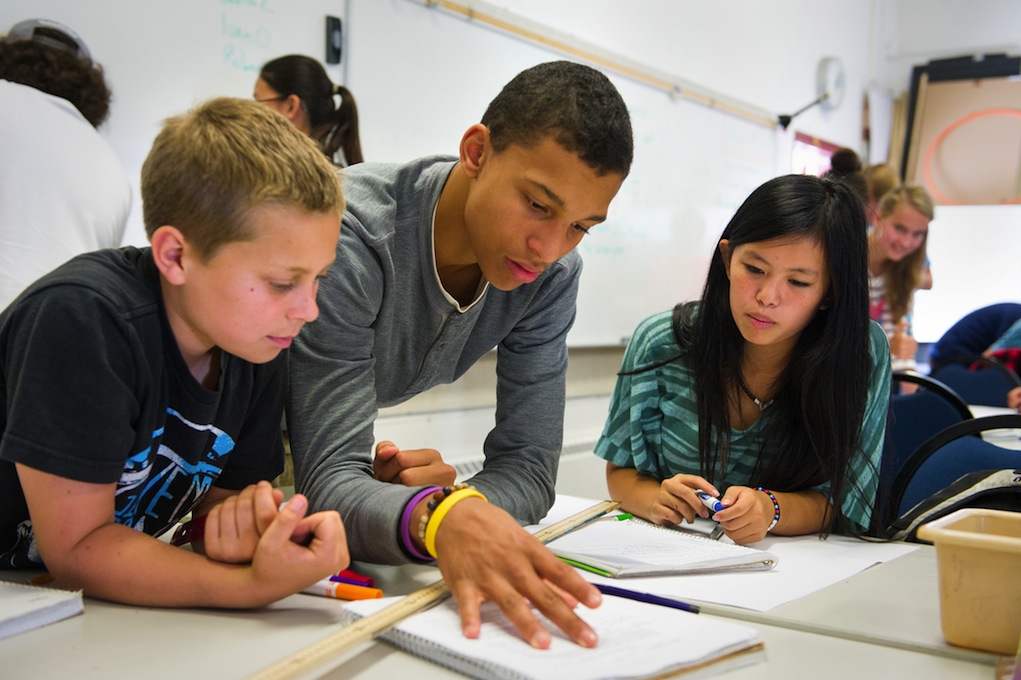So much of our lives and society is compartmentalized and segmented. It’s easy to think, “Worship happens at church; pastors are responsible for biblical teaching and discipleship. Learning about the world happens at school; teachers are responsible for disseminating knowledge. Experiencing relationships happens at home and with friends; parents are responsible for teaching their children about love, grace, and forgiveness.” While these assumptions and responsibilities are in part correct, they do not fully represent how Scripture prescribes our lives.
2 min read
A Holistic Approach to Education and Discipleship
By Worthington Christian School on Jun 20, 2019 12:01 PM
2 min read
The Importance of Student Collaboration in Developing Soft Skills
By Troy McIntosh on Jun 6, 2019 1:40 PM
In a world of an increasingly competitive job market, the tendency for educators and parents is to place more and more emphasis on academic achievement in order to position our children and students for the best possible university opportunities and career choices. While academic ability and technical skills are essential, employers are beginning to shift focus in their hiring practices, placing greater value in interpersonal skills and the ability to collaborate.
Two recently published studies show how a major American technology firm changed its mind about its hiring practices. Over the last couple of years, they transformed how they thought about the vital qualities that its employees ought to have. They shifted from believing that they needed the brightest STEM (Science, Technology, Engineering, Math) minds to recognizing more collaborative qualities such as “being a good coach; communicating and listening well; possessing insights into others (including others different values and points of view); having empathy toward and being supportive of one’s colleagues; being a good critical thinker and problem solver; and being able to make connections across complex ideas.”
/Logos/Horizontal%20Academic%20Logo%20for%20Light%20Backgrounds.png)
/Logos/Horizontal%20Academic%20Logo%20for%20Dark%20Backgrounds.png)


